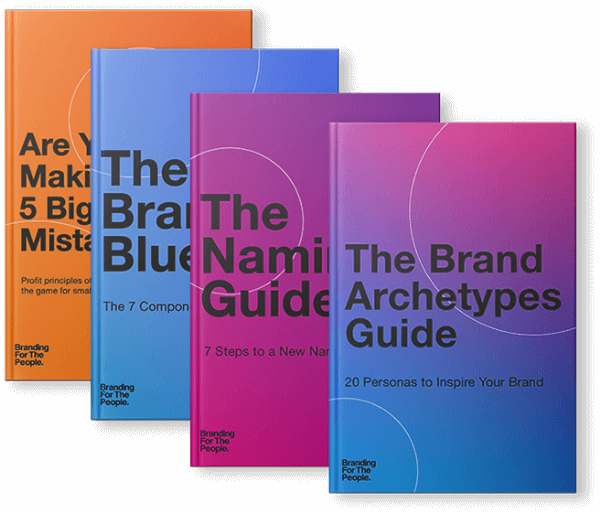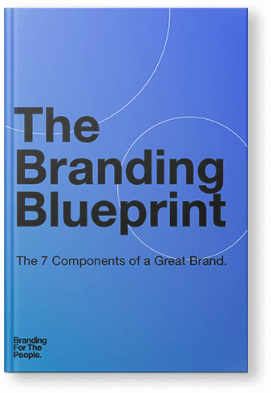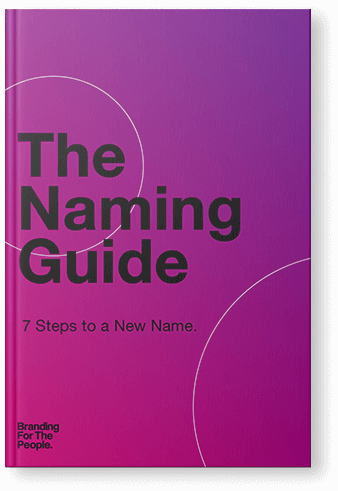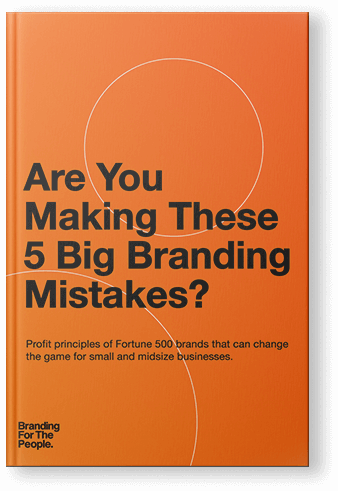Is the biggest threat to your business… commoditization?
Here’s the bad news: commoditization is real.
And even the best purpose statement in the world won’t help you if your customers think you’re just a commodity.
In other words, if they think that what you do is the same as what everybody else in your industry does, you’re in trouble.
But here’s the good news: there are strategies you can use to successfully combat commoditization, and they’re probably simpler than you think.
What is commoditization?
If you’ll forgive a dry explanation, Wikipedia calls commoditization the process by which your valuable, distinguishable goods and services lose their uniqueness in the eyes of your customers.
Too abstract? Here’s an example: taxis were quite happy to sit between the bus and a chauffeured limo as “the way you got there when you needed a ride.” Then Uber came along and said, essentially, “We can do that cheaper.” Now taxi companies everywhere are struggling, because getting from point A to point B has become a commoditized service.
Here’s another: Macs are Macs, and have always held a high-priced position at the top of the computer market. But on the PC side, what’s the difference—in the customer’s mind—between a Dell and an Acer?
Not much… Which is why a Mac laptop starts at $1500, and you can get a PC for about $300.
Here’s why you need to combat commoditization
Commoditization is bad because it erodes your ability to charge a healthy, profitable fee for what you make or do. When everything looks the same to your buyers, they’ll generally settle on whichever solution or product is the cheapest.
That’s why need to be different in the eyes of your clients—and own that difference in everything you do.
As we once said in a previous blog post:
“Be clear about your difference, your advantage, your offering that no one else has and that no one else can match. Let your brand—and especially your copy—speak to that difference. If you want customers to believe that you really are “a cut above the rest,” then show them.”
That can be tough to wrap your head around, so here are three ideas about finding your difference to get your started.
Niche down
If you don’t already sell to a niche—a small section of a larger target—consider choosing one. Customers are often willing to pay a premium for specialized products and services.
To start thinking about your niche, think about which areas your competitors are already well-established in. Then consider what’s being ignored, and where the potential opportunities lie.
Your niche might be geographical—you may decide to focus on offering your services exclusively to businesses in the Chicagoland area, for example. Or you may niche down on the services and products you provide—pay-per-click ad management, for instance, or just a certain type of coaching. Finally, you might niche down on a particular kind of client, like alternative health providers or government agencies.
Stand for something strategic, not tactical
Instead of selling your outputs—whether those are websites or personal training hours—focus on your outcomes… Such as business growth or weight loss. Even this small change will set you apart from many, many of your competitors.
Get creative with pricing
“If you aren’t the low-cost producer,” Harvard Business Review says, “complicate your pricing structures so customers can’t easily make side-by-side comparisons.”
In other words, use tactics like bundling or packaging to make it harder for customers to compare your price to the competition.
If you offer coaching at $100 an hour, for example, it’s easy for a customer to think about a $75-per-hour coach as a better deal. But what if that coach charges $75 and you have a $995 package? Suddenly the specter of endless coaching hours pales in comparison to your neat and tidy alternative.
Takeaway
These ant-commoditization tactics and strategies can feel like they’ll only throttle your business, but the opposite is true. By narrowing your niche, increasing your strategic focus or bundling your prices, you’ll paradoxically draw more of your ideal customer to you… And reap financial rewards in the process.
It makes common sense to hire a branding agency … for branding. And, you can do that in just 2-days with our “Branding Intensive“.







